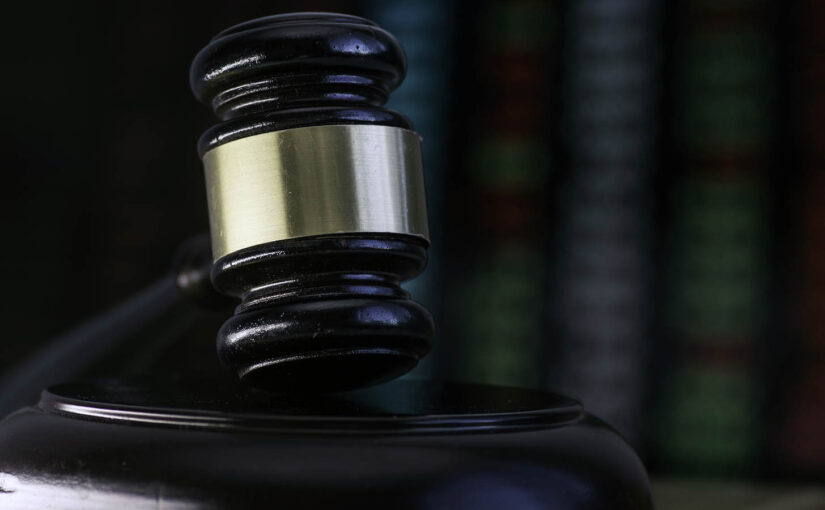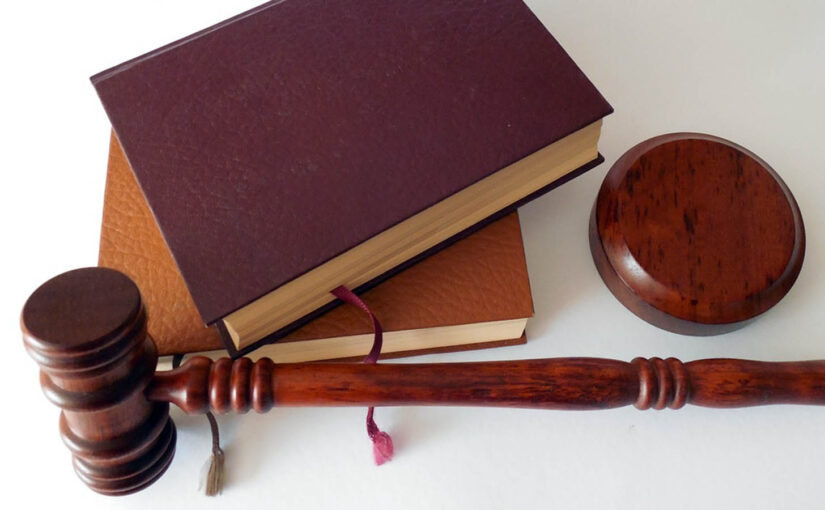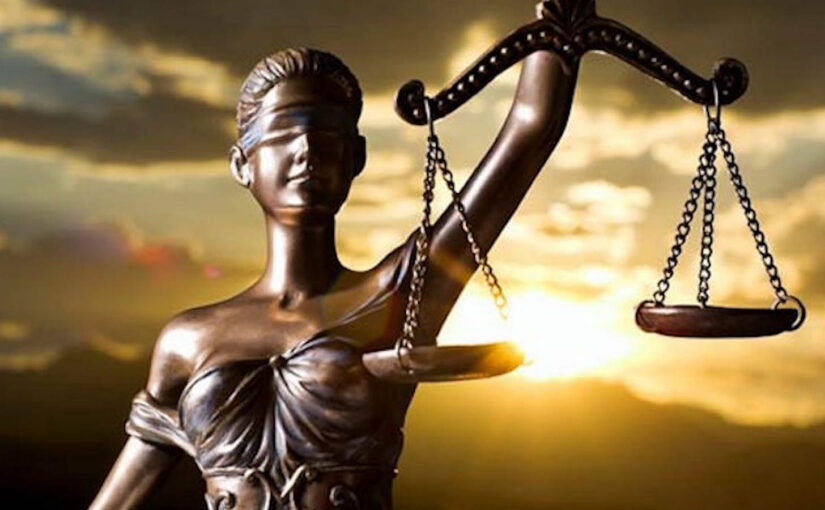Outline the required process in cases where both a complaint and police investigation pertain to the same offense.
Coordination Between Police and Complaining Parties When a criminal offense occurs and a complaint is lodged, it’s critical to establish cooperation between the police and the party that has filed the complaint. This ensures that the investigation is both thorough and fair. The coordination process often involves several key steps to facilitate communication and streamline … Continue reading Outline the required process in cases where both a complaint and police investigation pertain to the same offense.









